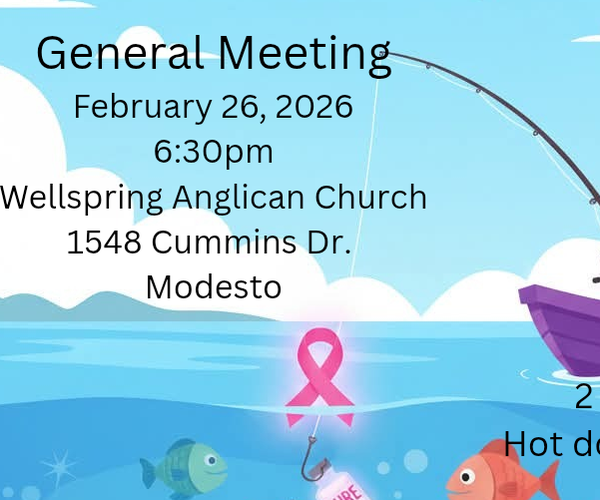It’s not uncommon to have a close encounter with an insect and get stung. It can happen anytime of the year, but insect stings are more likely to happen during warmer months because people are outside more.
Bees and wasps are among the more common stinging insects. Their stings vary in severity depending upon the person, the type of insect, and the sting site. Most of the time, the stings simply cause an unpleasant reaction such as pain, redness, and swelling, but people who are allergic to the venom are at risk for a stronger, more serious reaction. This severe, potentially life-threatening allergic reaction is called anaphylaxis, said officials with the California Poison Control System (CPCS).
“Understanding the differences in symptoms between a normal reaction and an anaphylaxis reaction is important,” said Cyrus Rangan, MD, a pediatrician and medical toxicologist with CPCS. “A normal reaction usually produces temporary pain and irritation at the site of the insect sting. But a serious anaphylaxis reaction happens when the person’s immune system overreacts to the venom, causing symptoms in more than one part of the body.”
Call 911 right away and get medical help if you observe any of the following symptoms in someone who was stung:
Chest tightness;
Difficulty breathing or wheezing;
Difficulty talking or confusion;
Pale or red face;
Rash over the whole body;
Severe pain, cramping, or swelling;
Shock;
Spreading redness or red streaks.
According to an article, “Stinging insect allergy: current perspectives on venom immunotherapy”, published in the Journal of Asthma and Allergy, approximately five to seven-and-a-half percent of people will have a severe allergic reaction to insect stings during their lifetime. Of course, avoiding contact with stinging insects is still the best way to successfully dodge a close encounter.
Stay Safe and Prevent Insect Stings
Try not to agitate insects – they only sting if they feel threatened.
Apply DEET formula insect repellants to all exposed skin areas as soon as you are outside.
Wear protective clothing for yard work or around grassy areas including hats, long sleeves and long pants, gloves, closed-toe shoes.
Be cautious around areas where stinging insects live or are found, including flowers and plants, food storage areas, garbage bins, picnic grounds, wild or commercial hives or nests.
Avoid wearing scented products – including fragrances (perfume, cologne), personal care products (shampoo, hair spray, aftershave, deodorants), and cosmetics.
First Aid Tips to Treat Insect Stings
Remove the stinger with a flat object like a credit card rather than using your fingers or fingernails.
Cleanse the site with soap and water.
Use an ice pack to reduce pain or swelling.
Use calamine lotion or a mixture of water and baking soda to reduce itchiness.
Use an EpiPen (epinephrine autoinjector) right away if you experience anaphylaxis. If you don’t have one, call 911 immediately.
If you have any questions about what to do if you’re stung, call the Poison Control Hotline at 1-800-222-1222.
Call Poison Control for any questions about poison encounters. Trained pharmacists, nurses and other providers are available to help 24 hours a day, seven days a week. The service is free, confidential and interpreters are available. Get weekly tips about safety by texting TIPS to 20121 for English or texting PUNTOS to 20121 for Spanish. Follow CPCS on Facebook and on Twitter @poisoninfo.
CPCS is part of the University of California San Francisco School of Pharmacy and is responsible to the California Emergency Medical Services Authority.





